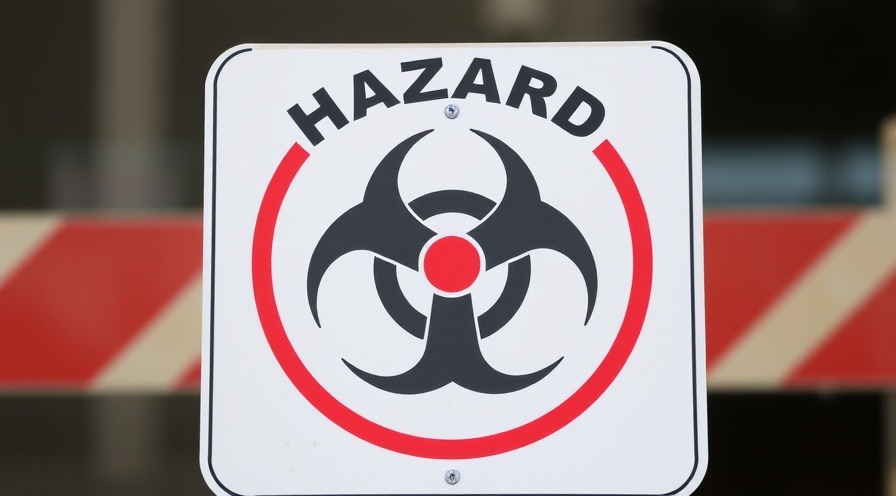
Recent Chlorine Leak in Robbins
In a concerning development for the residents of Robbins, North Carolina, a chlorine leak at the local wastewater plant sparked a swift response from Hazmat teams. This incident raises critical questions regarding safety protocols in municipal facilities and the implications for public health.
Understanding the Health Risks of Chlorine Exposure
Chlorine, while essential for water sanitation, can pose significant health risks when leaked. Exposure to chlorine gas can lead to respiratory issues, skin irritation, and other serious health incident outcomes. This incident serves as a stark reminder of the potential dangers inherent in wastewater treatment processes and underscores the importance of rigorous safety measures.
Community Response: Uniting Under Crisis
Local residents reacted with apprehension as news of the chlorine leak spread. Fear for their health and safety prompted numerous calls to emergency services and local officials. In times of crisis, the community often unites, showcasing resilience and concern for one another’s wellbeing. Residents are encouraged to stay informed about local safety measures and emergency protocols to better prepare for future incidents.
Chlorine Leak: A Call for Stringent Safety Measures
This incident should instigate an evaluation of safety protocols at wastewater treatment facilities across the region. Regular checks, employee training, and implementation of advanced safety technologies are critical components in minimizing risks associated with hazardous materials. Stakeholders, including local government and environmental agencies, must collaborate to develop more robust standards that protect both the public and the environment.
Engage with your community leaders to advocate for enhanced safety protocols and ensure that such incidents are addressed comprehensively in the future.
 Add Row
Add Row  Add
Add 




Write A Comment